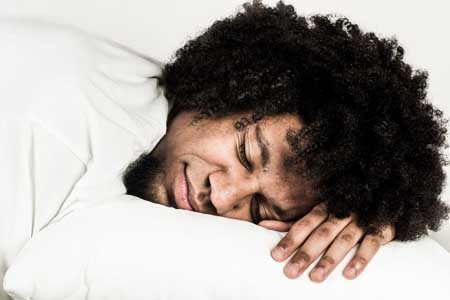TDCS Can Change Sleep Duration
A German study published in 2016 suggests that transcranial direct current stimulation (tDCS) can affect the duration of a person’s nightly sleep. Lukas Frase and colleagues compared the effects of two different tDCS parameters and a sham stimulation on the sleep patterns of 19 healthy volunteers.
TDCS is a treatment in which an anode and a cathode electrode placed on the skull are used to apply a steady, low-level current of electricity to the brain.
Bi-frontal anodal stimulation, intended to increase arousal, significantly decreased total sleep time compared to the other two interventions.
Bi-frontal cathodal stimulation, intended to decrease arousal, did not increase total sleep time, possibly because there is a ‘ceiling’ beyond which good sleepers do not sleep longer.
EEG analysis showed that the anodal stimulation did increase arousal, while cathodal stimulation decreased it.
The research increases what is currently known about sleep-wake regulation by showing that total sleep time can be decreased using anodal tDCS. The researchers hope this knowledge can contribute to future treatments for disturbed arousal and sleep.


